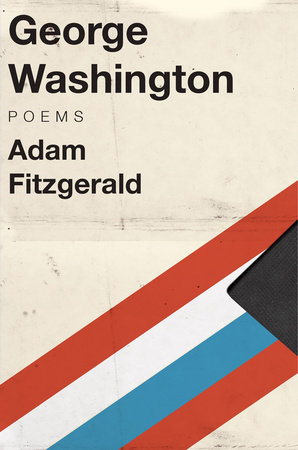 Interview with a Bookstore: Tin Can Mailman
Interview with a Bookstore: Tin Can Mailman
Literary Hub
Tin Can Mailman’s founder Will Huack spent time on the Islands of Tonga while volunteering for the Peace Corps. One of Tonga’s islands, Niua Fo’ou, or “Tin Can Mail Island,” is so named because without a safe port for mail ships the islanders received their mail in tin cans heaved from the side of the boat. In 1972 with a few hundred books and some fruit crates for shelves, Huack opened Tin Can Mailman in Arcata, California. Eventually, though, Huack’s love for the South Pacific won out, and in 1994 he sold Tin Can to Richard Sanborn and Calista Sullivan and moved to Kauai. Sanborn and Sullivan only owned Tin Can for five years, but in that time they were able to secure a grant to renovate the store as a historical landmark. In 1999, they sold the place to Wadeth Bory, a longtime employee of both Huack and Sanborn who, along with manager Samantha Brown, still runs Tin Can Mailman’s operations. Continue reading…
 Ark
Ark 

 The Spoils of Literature | Literary Hub
The Spoils of Literature | Literary Hub The List of Books That Saved My Life | Read It Forward
The List of Books That Saved My Life | Read It Forward